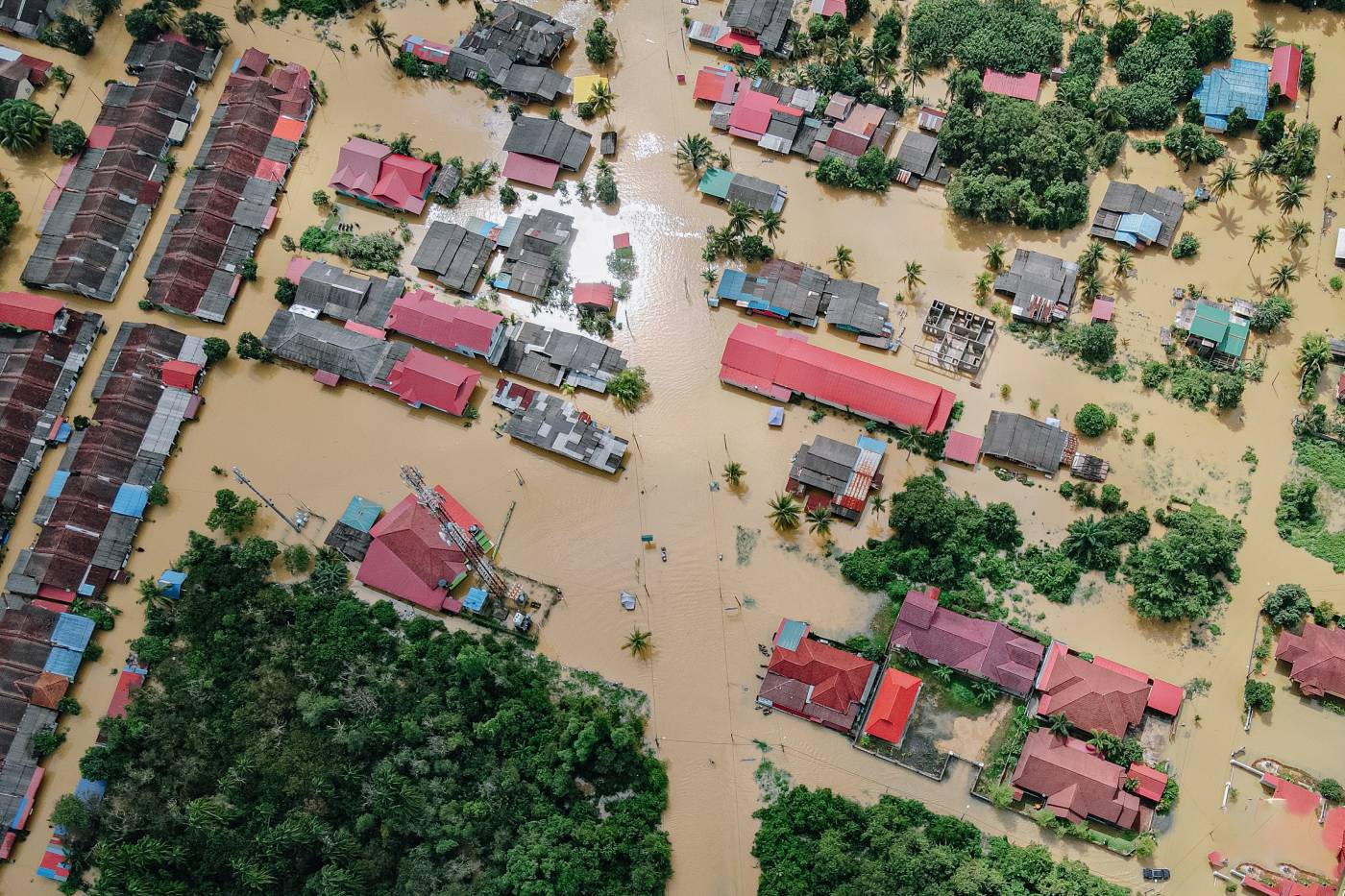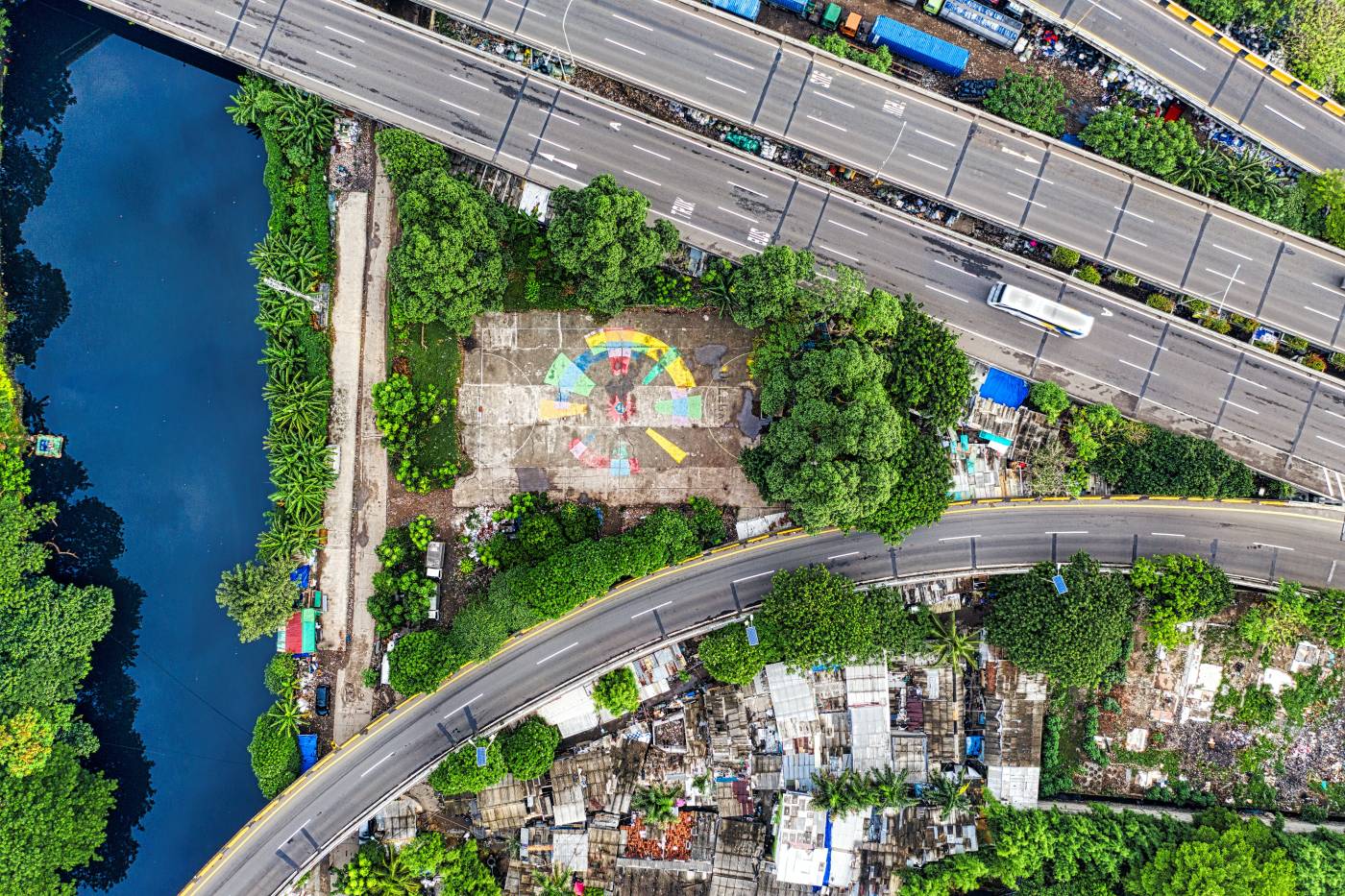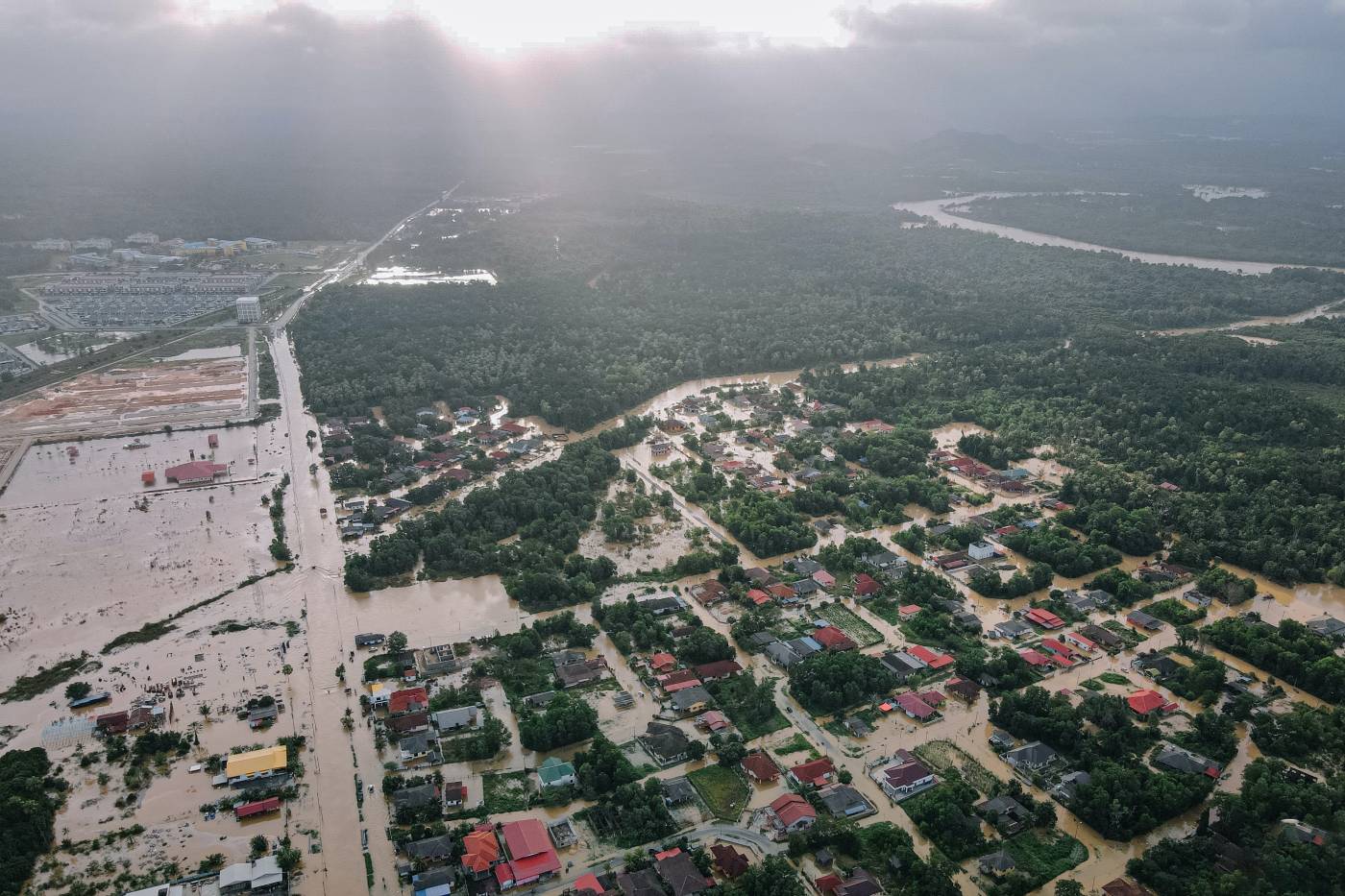This cutting-edge programme will allow you to operate, adapt and design infrastructure so that critical services are sustainable, resilient, and productive.



To find out core information about this degree, such as entry requirements, programme length and cost, and to apply, visit the UCL prospectus site.
Applying for courses can be daunting, so we’ve made this guide to help you through.
About
Students from socio-technical disciplines or with infrastructure sector backgrounds will gain specialist skills, knowledge and understanding that enable you to operate, adapt and design infrastructure in a volatile, uncertain world. You will learn infrastructure specialisms that can offer opportunities for generations.
The programme provides the learning to work together in teams, fundamental to good workplace collaboration, and to develop leadership and technical skills for infrastructure solutions in urban and rural settings.
The field of infrastructure is seeing an explosion in digitalisation, circular economy designs, and resilience principles, helping critical networks (like railways, telecommunications lines) to improve and add value to the myriad of individual, community and economic systems that depend on infrastructure. You will discover how complexity science can be used to frame problems and understand boundaries and interdependencies in the infrastructure sectors and how best to plan for effective interventions.
“There is a compelling need for more professionals planning, designing, managing and operating infrastructure assets to have a stronger understanding, appreciation and capability in the system of infrastructure as a whole. The title adequately reflects the aims are both timely and relevant. Particular areas of topical relevance are those on digitalisation, circular economy and resilience, nicely aligned with other modules on decision making and public policy and governance. Professor Gordon Masterton REng, FRSE, FICE, FIStructE, FIES, MCIWEM.
MediaCentral Widget Placeholderhttps://mediacentral.ucl.ac.uk/Player/jA010g47
Highlights
- Develop your understanding and ability to articulate challenges and design solutions for complex critical services delivered by integrated infrastructure sectors.
- Gain advanced knowledge and skills in systems approaches to manage, adapt, and replace both physical and virtual infrastructure systems.
- Work in an interdisciplinary team, with access to expertise in civil engineering, computer science, urban planning, environmental design and public policy.
Modules
- Introduction to Complex Infrastructure Systems
- Infrastructure Group Project
- Systems, Society, Sustainability
- Risk, Reliability and Resilience
- Digitalisation in Infrastructure
- Circular Economy in Engineering
- Sustainable Infrastructure and Public Policy
- Lab/PEARL dissertation project
- Business case dissertation project
- Public policy dissertation project
Please note that the list of modules given here is indicative. This information is published a long time in advance of enrolment and module content and availability is subject to change.
Student Testimonies
Mandatory modules: CEGE0120
This module broadened my horizon by treating infrastructure not only as a single delivered asset but as a complex system involving technical, organizational, social and economic aspects etc.
- More testimonies for CEGE0120
Previously, I only focused on sustainability and functionality aspects during civil engineering projects in university which required me to design or plan infrastructure. This module broadened my knowledge as I am now aware of the complexities and considerations which need to be addressed in infrastructure. Some key aspects relating to infrastructure which I have learnt about are resilience, circularity, and policy...
...this module has enabled me to identify the complexities within infrastructure systems and break them down into specific areas which I can address in the future as I move into a career in the civil engineering industry.
Prior to this class I was interested in systems thinking but was relatively unfamiliar with complex system science. This module has exposed me to properties and aspects of infrastructure that I had not considered before. It has helped me understand the different perspectives that people involved in infrastructure may hold as well as opened my eyes to how interconnected and interdependent infrastructure can be. I learned about some of the main challenges of infrastructure and became aware of the uncertainty of future demand, technological innovation and policy.
This class has helped me be less intimidated looking at a complex system by teaching me how to break it down into components and then seek to understand the interactions between components. I am now more aware of potential hazards and disruptions, but also opportunities in infrastructure operation and service delivery. Overall, I feel better equipped to address problems within complex systems and prioritize resilience as an attribute of anything that I design.
I feel more confident in my ability to understand circular and systematic thinking – contrasting from the numerical, measured, and natural sciences-based approach civil engineers are accustomed with, having now learnt about, read on, and reviewed real-world attempts at building and integrating complex infrastructure systems. I also feel more confident in my ability to be critical of infrastructure systems, to pinpoint where there are opportunities for improvement in resilience and adaptability.
CEGE0120 has served as a great introduction into understanding complexity and its impacts on infrastructure and the built environment, as well as a pertinent review on the evolution of how engineers think about systems, i.e., from static to dynamic. The module has consistently prepared me to discover, analyse, and communicate the interdependencies between multiple infrastructure sectors, and maintained the importance of a pluralist perspective in the context of sustainable innovation and long-term solutions.
I found the Introduction to Complex Infrastructure Systems module extremely interesting and enjoyable. I loved learning about the different types of infrastructure systems and how they work together to provide essential services to society. I found the module particularly fascinating because of the way it integrated different engineering disciplines to provide a comprehensive understanding of how these systems work.
I found it fascinating to learn about the different ways that infrastructure systems can impact people’s lives. I also found it helpful to consider the ethical implications of some of the decisions that need to be made when designing and managing these systems.
- Student Reflection on CEGE0120
Prior to this class I was interested in systems thinking but was relatively unfamiliar with complex system science. This module has exposed me to properties and aspects of infrastructure that I had not considered before. It has helped me understand the different perspectives that people involved in infrastructure may hold as well as opened my eyes to how interconnected and interdependent
infrastructure can be. I learned about some of the main challenges of infrastructure and became aware of the uncertainty of future demand, technological innovation and policy. Through this module I gained a better understanding of infrastructure reliability, risk, and resilience and how critical of considerations they are given how rapidly our societies are changing. Knowing these concepts will surely help me in some of the modules I will be taking next term. I have learned to consider circularity, safety, and various exogenous hazards in the design, operation and implementation of infrastructure. This class has helped me be less intimidated looking at a complex system by teaching me how to break it down into components and then seek to understand the interactions between components. I am now more aware of potential hazards and disruptions, but also opportunities in infrastructure operation and service delivery. Overall, I feel better equipped to address problems within complex systems and prioritize resilience as an attribute of anything that I design.
As a student in Engineering for International Development, I look forward to applying what I have learned about complex system science to infrastructure systems in developing countries, similarly to how I was able to do in this essay.
Data/Digitalisation pathway: CEGE0007
“The module systematically explains the economic, environmental and social impact of digitilisation in the infrastructure sector. Linking the real world with the digital world helps us learn how to implement integrated solutions and manage infrastructure networks
- More testimonies for CEGE0007
[This module] revealed the massive power of collecting, processing and interpreting data to boost efficiency and improve safety and reliability impressively.
[I] was aware of BIM models but not of how advanced digital twins can be deployed throughout the whole lifetime of an energy instalment or a railway system and enable continuous optimisation and timely maintenance preventing disruptions and resources waste.
...While most engineering education focuses on learning the application of analytical techniques and solutions to problems, it was interesting to have a critical perspective on the practice that are and will be the foundation of infrastructures in the coming decades, especially in terms of environmental and privacy protection.
[This module introduces] industrial perspectives and even offers an opportunity to visit a digital company, Digital Catapult, to experience the actual work in person.
One of the key takeaways from this module is the significance of digitalization in infrastructure systems. With the advancement of technology, it is essential for engineering graduates to understand how digital technologies, tools, and methods can be utilized to improve infrastructure systems' efficiency, safety, and sustainability. Students can learn about what parameters are needed and can be digitized various digital technologies such as the Internet of Things (IoT), Artificial Intelligence (AI), and Machine Learning (ML), and how they can be applied in different infrastructure systems like transport, energy, water, waste, and telecommunications.
Overall, this module provides a comprehensive understanding of the concepts of digitalization in infrastructure engineered systems and equips engineering graduates with the necessary skills to manage infrastructure networks for the benefit of society and the environment.
This module has greatly contributed to my understanding of digitalisation in the infrastructure industry, in the different sectors. Before taking this module, I used to think that digitalisation was limited to the telecommunications sector and that for the other sectors the only use was in the Building Information Modelling (BIM). However, now I comprehend that digitalisation in infrastructure can go further considering not only the conception of a project (i.e., the Revit model) but the huge impact it can have during the construction, operations, and maintenance.
Resilience Pathway: CEGE0037
“The issues covered by the course are extremely interesting. Based on the material provided in all weekly sessions and the overall structure of the course (which was very well thought out!), I will genuinely continue to increase my understanding of the subject.
- More testimonies for CEGE0037
I really like the style of all presentations and the very, very knowledgeable lecturers behind them. It is clear that a lot of effort and hard work has gone into structuring and delivering the module, for which I truly think the academic team should be commended.
Key information
To find out core information about this degree, such as duration, entry requirements, programme length and cost, and to apply, visit the UCL prospectus site.
Your Offer
Deferral
UCL does not accept requests to defer, unless in cases of exceptional circumstances. If you wish to be considered for the following year then you must reapply in the next admissions cycle.
Tier 4 Student visa holders
Tier 4 Student visa holders are required to meet the English language proficiency with sufficient time to allow them to obtain a CAS number and visa.
Accepting your offer
To accept your offer, you must pay the non-refundable fee deposit and decline any other offers for programmes. If you do not respond within the given time indicated on your UCL offer letter, then your offer will be withdrawn.
 Close
Close

